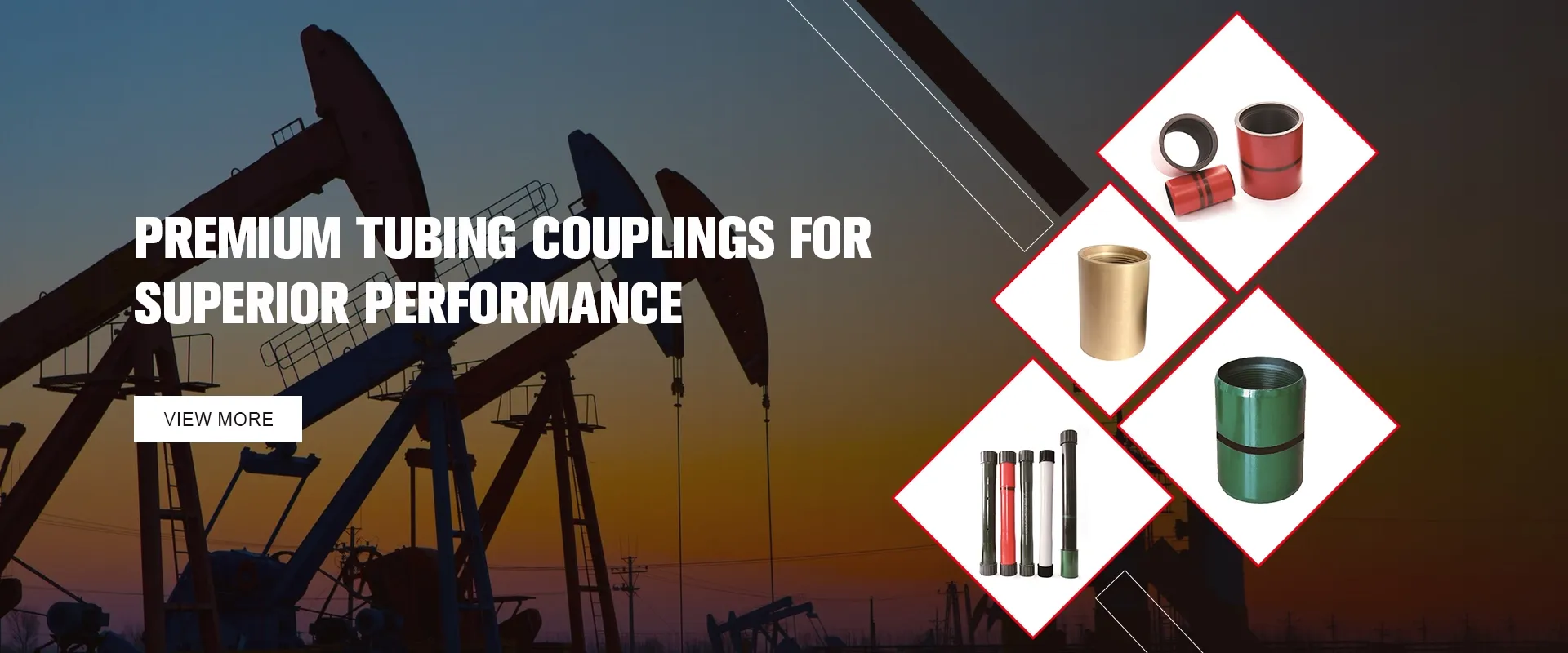- Afrikaans
- Albanian
- Amharic
- Arabic
- Armenian
- Azerbaijani
- Basque
- Belarusian
- Bengali
- Bosnian
- Bulgarian
- Catalan
- Cebuano
- Corsican
- Croatian
- Czech
- Danish
- Dutch
- English
- Esperanto
- Estonian
- Finnish
- French
- Frisian
- Galician
- Georgian
- German
- Greek
- Gujarati
- Haitian Creole
- hausa
- hawaiian
- Hebrew
- Hindi
- Miao
- Hungarian
- Icelandic
- igbo
- Indonesian
- irish
- Italian
- Japanese
- Javanese
- Kannada
- kazakh
- Khmer
- Rwandese
- Korean
- Kurdish
- Kyrgyz
- Lao
- Latin
- Latvian
- Lithuanian
- Luxembourgish
- Macedonian
- Malgashi
- Malay
- Malayalam
- Maltese
- Maori
- Marathi
- Mongolian
- Myanmar
- Nepali
- Norwegian
- Norwegian
- Occitan
- Pashto
- Persian
- Polish
- Portuguese
- Punjabi
- Romanian
- Russian
- Samoan
- Scottish Gaelic
- Serbian
- Sesotho
- Shona
- Sindhi
- Sinhala
- Slovak
- Slovenian
- Somali
- Spanish
- Sundanese
- Swahili
- Swedish
- Tagalog
- Tajik
- Tamil
- Tatar
- Telugu
- Thai
- Turkish
- Turkmen
- Ukrainian
- Urdu
- Uighur
- Uzbek
- Vietnamese
- Welsh
- Bantu
- Yiddish
- Yoruba
- Zulu
Understanding the Importance of Casing Couplings in Oil and Gas Operations
Understanding Casing Couplings in Well Construction
Casing coupling is an essential component in the field of petroleum engineering and well construction. These fittings play a critical role in ensuring the integrity and stability of oil and gas wells during their operational lifespan. This article explores the function, types, and significance of casing couplings, shedding light on why they are indispensable in drilling operations.
What is a Casing Coupling?
A casing coupling is a mechanical component used to connect two sections of casing pipes. Casing pipes are used to support the walls of the borehole, preventing collapse and protecting groundwater from contamination. The coupling serves as a bridge that enables sections of casing to be linked together, allowing for the adjustment of the well's depth and facilitating various drilling operations.
Functionality of Casing Couplings
The primary function of a casing coupling is to ensure a secure and leak-proof joint between casing sections. This is crucial for multiple reasons
1. Structural Integrity Casing couplings maintain the structural integrity of the wellbore, helping to withstand the pressures encountered during drilling and production.
2. Pressure and Fluid Control They prevent the escape of fluids and gases from the borehole, which is vital for both safety and efficiency during operations. A well-sealed coupling allows for better control over the well environment, preventing blowouts and other hazardous situations.
3. Ease of Installation Casing couplings allow for the easy assembly and disassembly of casing strings. In the case of repairs or maintenance, operators can efficiently replace or remove sections of the casing as required.
Types of Casing Couplings
Casing couplings come in various designs and materials, tailored to specific operational needs. The most common types include
casing coupling

1. Threaded Couplings These couplings feature male and female threads, allowing for a screwed connection. They are widely used due to their ease of installation and reliability under various pressure conditions.
2. Welded Couplings In scenarios where a more permanent connection is needed, welded couplings are often used. They provide a robust joint but require more time and skill to apply.
3. Slip-on Couplings These couplings slide over the ends of casing pipes and are then sealed with a weld. They are beneficial for reducing stress concentrations at the joint.
4. Hydraulic Couplings Often used in high-pressure environments, hydraulic couplings offer superior sealing capabilities and can handle significant pressure variations.
Material Considerations
The choice of materials for casing couplings is crucial and is typically dictated by the environmental conditions of the well. Common materials include carbon steel, stainless steel, and special alloys designed to resist corrosion and withstand extreme temperatures. The selection of material impacts the durability and lifespan of both the couplings and the whole casing string.
Importance in Drilling Operations
In drilling operations, the reliability of casing couplings directly impacts the overall success and safety of the well. Failure of a coupling can lead to catastrophic results, including uncontained blowouts, which pose significant risks to safety and the environment. Thus, rigorous standards and quality controls are implemented in manufacturing and testing these components.
Conclusion
Casing couplings are a fundamental component of well construction that ensures the safety, reliability, and efficiency of drilling operations. Their role in maintaining the integrity of the well structure cannot be overstated. As technology evolves, advancements in casing coupling design and materials will continue to enhance their performance, further contributing to safer and more efficient exploration and production in the oil and gas industry. Understanding the importance of casing couplings is essential for engineers and operators tasked with the demanding and complex challenges of well construction.
-
Well Casing Extension Couplings – Applications and InstallationNewsJun.06,2025
-
Types of Crossover Subs in Drilling & CompletionNewsJun.06,2025
-
Key Features of High-Quality Tubing Pup JointsNewsJun.06,2025
-
Installation and Maintenance Tips for Steel Couplings for PipeNewsJun.06,2025
-
How to Select the Right Pup Joint for Oil & Gas OperationsNewsJun.06,2025
-
Applications of Stainless Steel Pipe CouplingsNewsJun.06,2025







